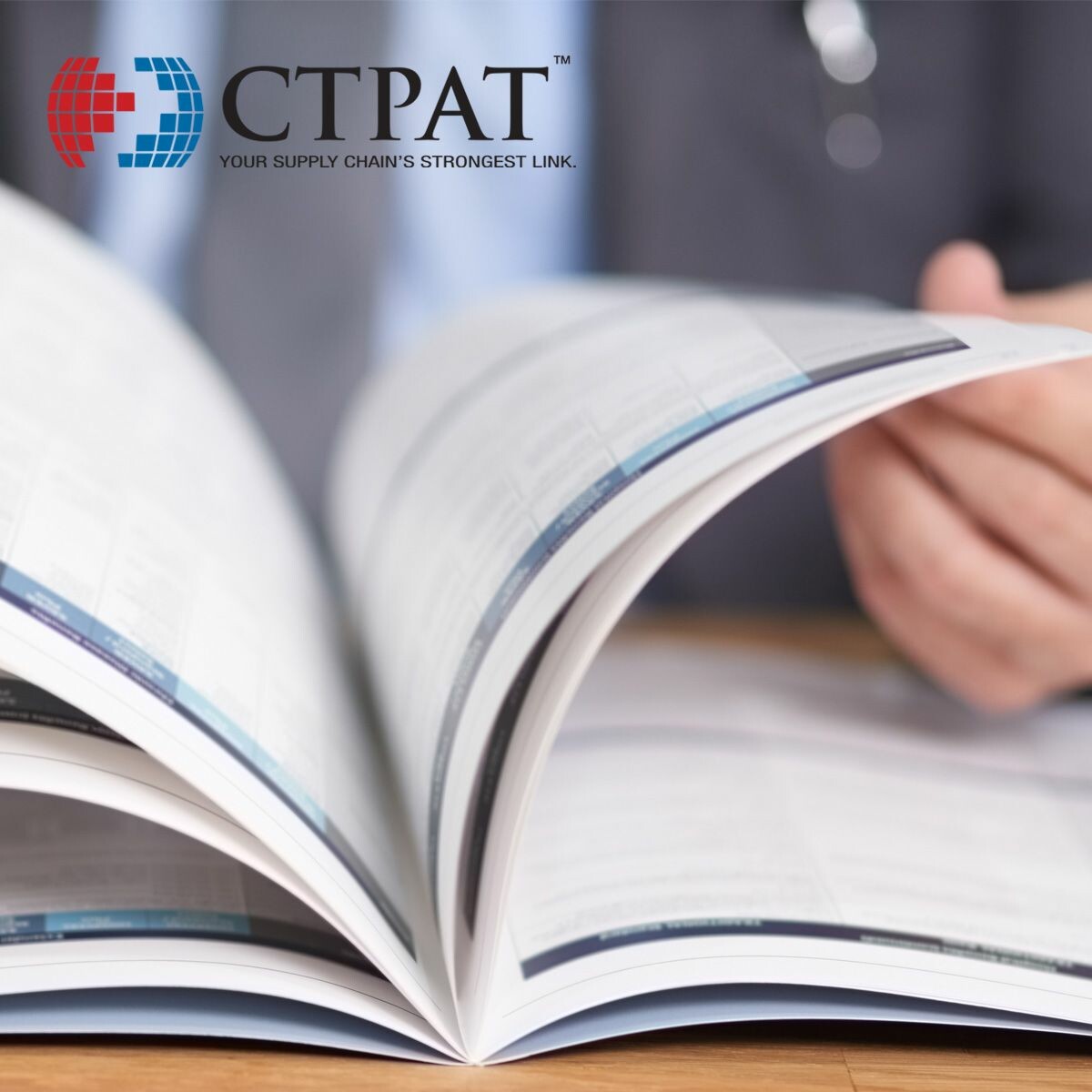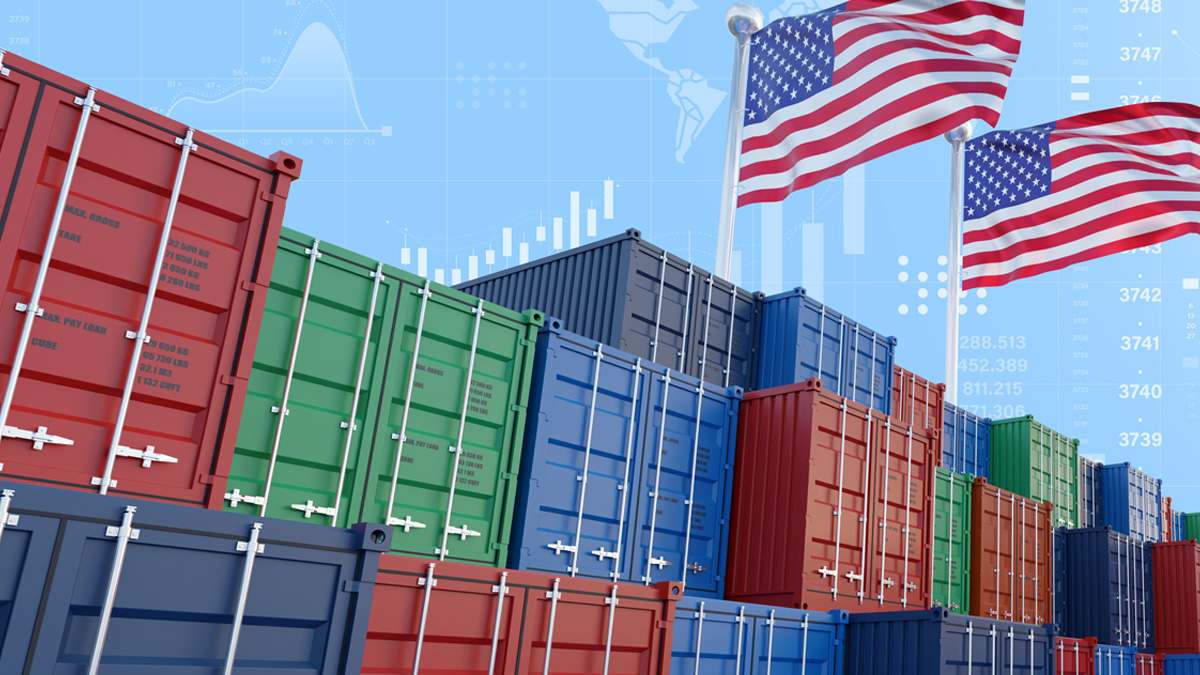Streamline your path to CTPAT certification

Protect your supply chain. Secure your business.
Customs Trade Partnership Against Terrorism (CTPAT) is more than just a voluntary security program—it's a path to more efficient and secure business.
Let our experts remove the guesswork. We’ll guide you through the CTPAT requirements and minimum security criteria (MSC) to achieve and maintain compliance.
Don’t see a service listed here? Our trade policy team may be able to customize a CTPAT consulting service to fit your needs.
Navigate trade policy changes with confidence
Tailor our CTPAT consulting services
Ad-hoc support
Treat CTPAT as a continuous improvement program and get ad-hoc support for implementing ongoing changes and updates that strengthen your existing program.
CTPAT training
Train your staff on CTPAT compliance. C.H. Robinson creates custom materials and sessions to ensure your personnel understand and fulfill their security responsibilities.
Partner evaluation
Task us with a review of your business partners’ CTPAT participation. If lacking, they will complete a C.H. Robinson CTPAT Evaluation Questionnaire and, if needed, receive a corrective action request.
Procedure review
Work with our consultants to review security documentation and ensure it meets CTPAT standards. If updates are needed, we assist in developing or revising procedures accordingly.
Profile support
Develop or enhance your Security Profile according to CBP’s requirements. This level of support is ideal for new or current participants looking to comply with evolving standards.
Risk assessment
Assess and address how your security procedures and/or those of your foreign suppliers respond to external threats and challenges—terrorism, smuggling, organized crime, among others.
Validation preparation
Feel confident about upcoming validation meeting(s)—whether foreign or domestic—with ample support from trusted C.H. Robinson experts who understand what’s required.
What sets C.H. Robinson supply chain security apart

Make the most of your data
With all your Automated Commercial Environment (ACE) import data in one place, you can quickly identify import risks and opportunities.

CTPAT delivers real-world benefits
- Reduce penalties
- Accelerate border crossings
- Earn credit in the CBP targeting system
- Work with a dedicated CBP representative
- Minimize the risk of loss, damage, or theft
- Optimize internal and external asset management

Elevate your U.S. compliance strategy
Rely on our Trusted Advisor® experts to help navigate the complexities of importing and exporting in the United States.
CTPAT is more than security—it’s business resilience
Frequently asked questions
Q: What is required to become CTPAT certified?
To become CTPAT certified, you must:
- Meet Minimum Security Criteria (MSC) for your specific business type
- Perform documented risk assessments to identify vulnerabilities
- Document formal procedures to achieve and monitor CTPAT security standards
- Communicate this information to CBP as part of your Security Profile
Q: What are the ongoing expectations of certified CTPAT members?
Once CTPAT certified, you must:
- Within 1 year of certification: Host CBP validation meeting to confirm all practices and procedures are implemented
- Annually: Update Security Profile
- Every 3–5 years: Host CBP revalidation meetings to confirm all practices and procedures remain in place
Q: What are the differences in CTPAT tiers?
There are three participation tiers in the CTPAT program. All participants will fall into one tier based on how far they are in the process:
- Tier 1: CBP approves certification into the CTPAT program.
- Tier 2: Participant successfully completed validation meeting process.
- Tier 3: Participant exceeds requirements and demonstrates best business practices.


